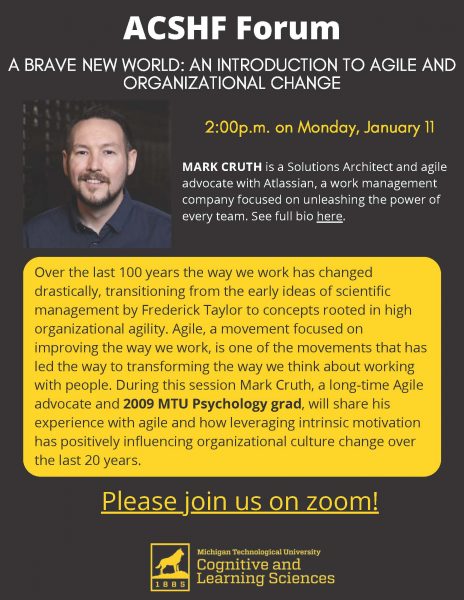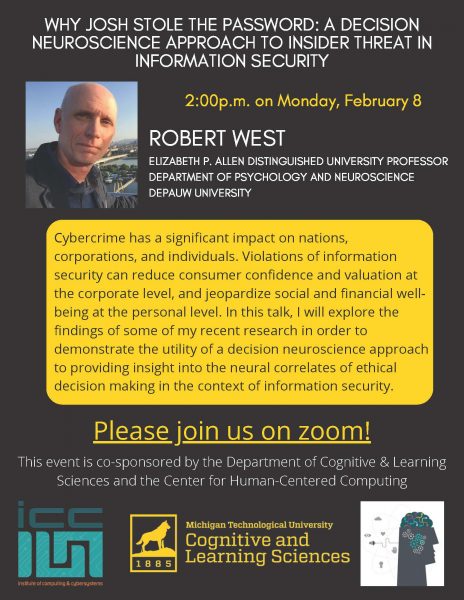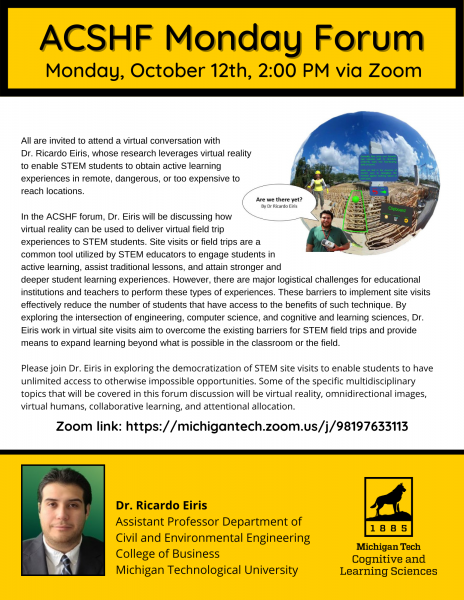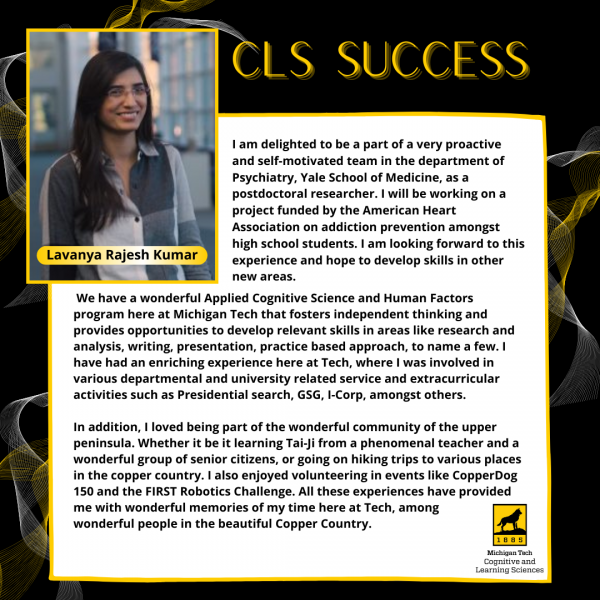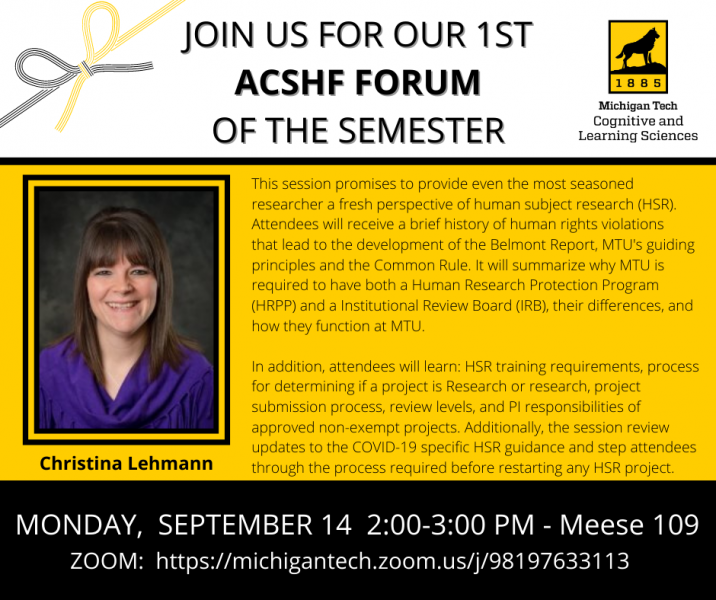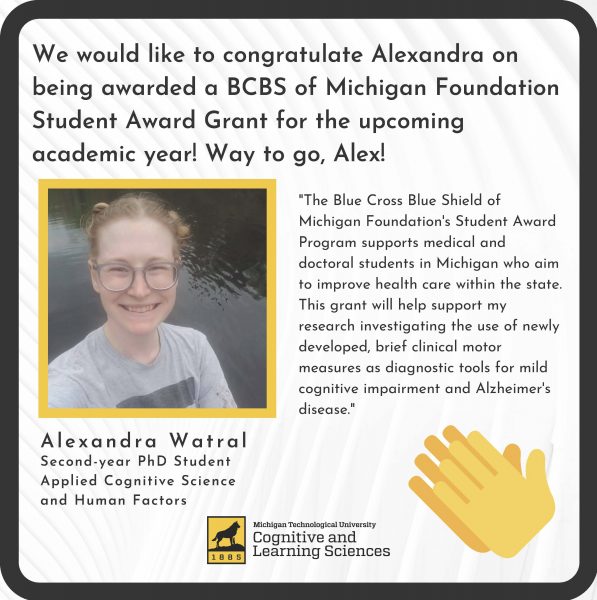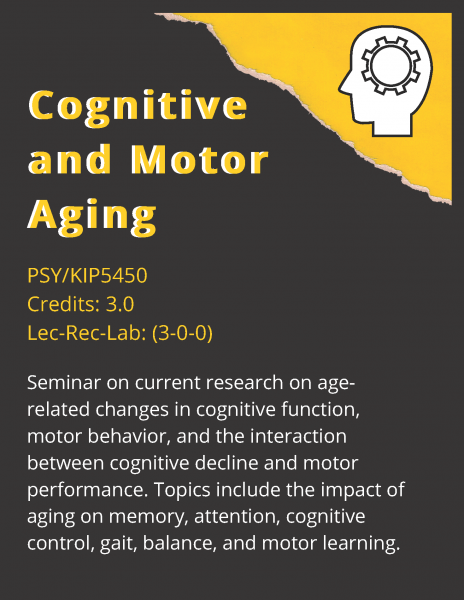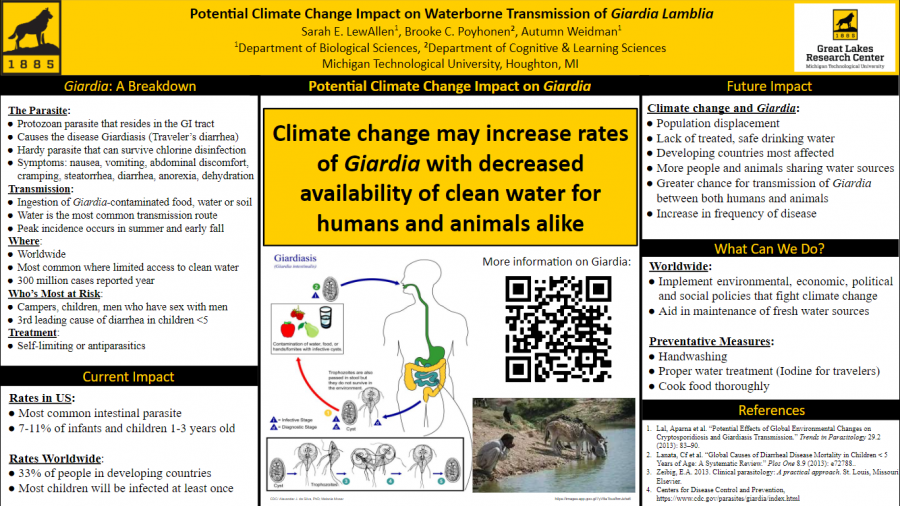Over the last 100 years, the way we work has changed drastically, transitioning from the early ideas of scientific management by Frederick Taylor to concepts rooted in high organizational agility. Agile, a movement focused on improving the way we work, is one of the movements that has led the way to transforming the way we think about working with people.
During this session, Mark Cruth, a long-time Agile advocate and 2009 Michigan Tech Psychology graduate, will share his experience with Agile and how leveraging intrinsic motivation has positively influencing organizational culture change over the last 20 years. Please join us on Zoom for the presentation on Monday, January 11, at 2 pm. Zoom meeting link.
